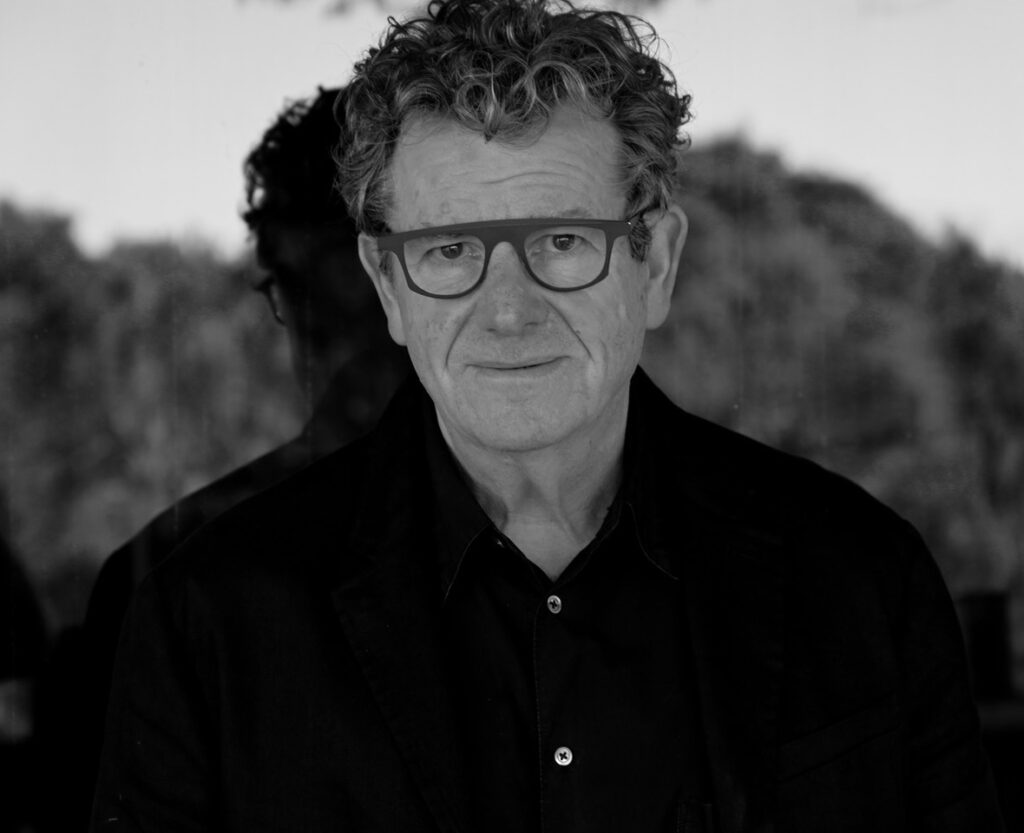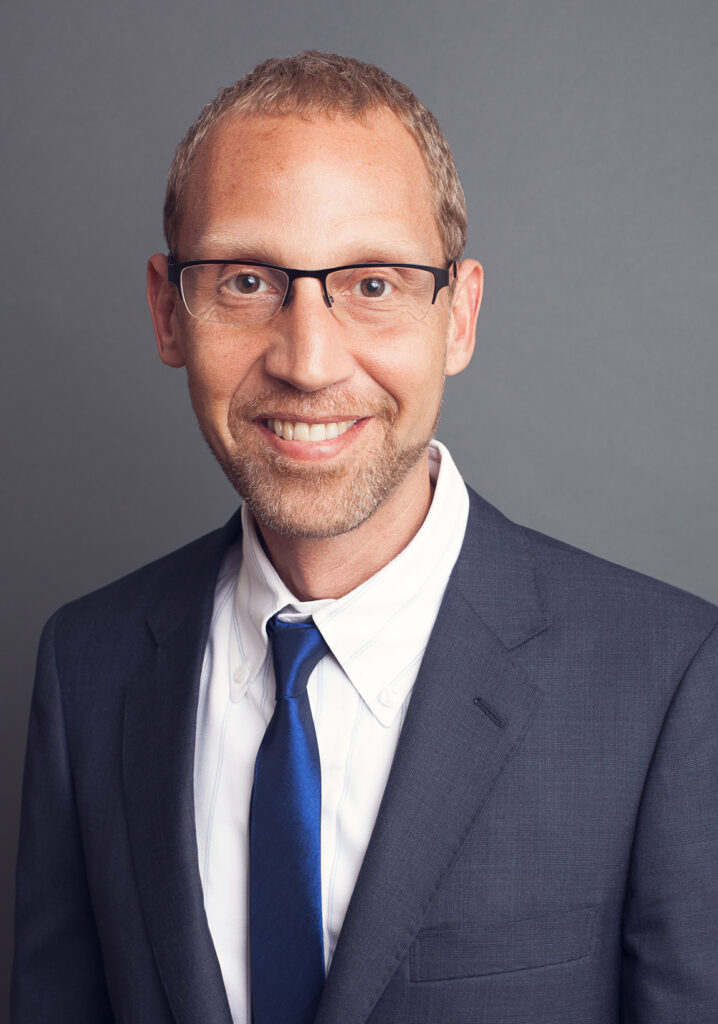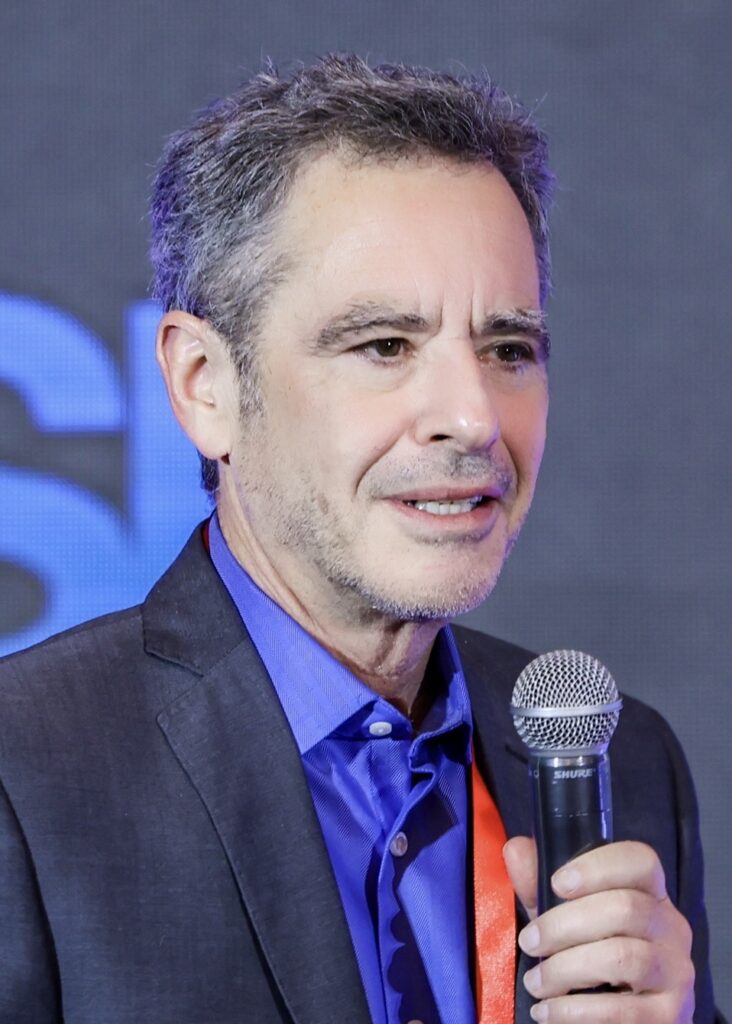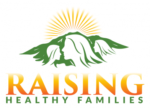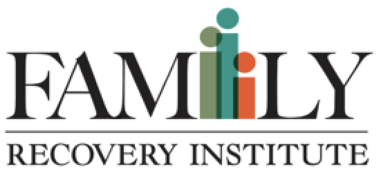This list will be updated as we receive donations.

- This event has passed.
Hooked on a Feeling: Using Attachment Theory and Object Relations to Inform Work with Substance Misusing Patients
– Presented by Benjamin Fife, PsyD [SEMINAR]
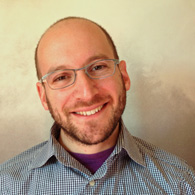
The COVID-19 pandemic has confronted psychoanalytic psychotherapists with the need to respond to an increase in substance use and misuse in our patients and their family members. According to multiple studies, since March 2020 substance use has increased by as much as twenty percent for people with existing substance use disorders (NIDA. 2020), and it is widely understood that social isolation and stress related to illness and medical trauma can increase susceptibility to substance misuse, addiction, relapse and overdose. Psychoanalytic and psychodynamic clinicians, including Gabor Mate, Alistair Sweet, and Mary Brady have made important contributions to understanding the complex relationships between attachment patterns, internal object relationships and patterns of substance use and misuse.
This presentation will review the relevant contemporary thinking connecting attachment patterns, internal object relations, and substance use and abuse patterns and will offer participants the opportunity to think through clinical dilemmas surrounding substance use that come up in both private practice and community mental health outpatient settings. Participants will be aided in thinking through the meanings that substance use can take on for patients within family relationships and as a relationship in itself. Participants will also learn ways of addressing risk and safety issues that come up when the substance user and abuser enters treatment.
LEARNING OBJECTIVES:
Participants in this program will be able to:
- Identify (number of) clinical, legal and ethical issues related to addressing substance use and misuse in the context of outpatient psychotherapy.
- List three ways in which attachment and trauma research can be relevant in the outpatient psychotherapeutic treatment of people who use substances.
- Increase their repertoire of available psychotherapeutic interventions when working with patients who use substances.
- Identify four harm reduction strategies they can introduce in psychotherapeutic work with substance using patients who do not have sobriety as a goal.
- Identify three fears and biases they bring to work with substance using and abusing clients.
Benjamin Fife, PsyD is a clinical psychologist working in San Francisco where he sees children, adults, couples and families in his private practice. Dr, Fife has worked as a clinical supervisor at the UCSF Infant-Parent Program and has provided training and supervision to groups and individuals in a number of hospital and non-profit training settings in the Bay Area. Dr. Fife has a strong interest in infant and child development within family and social contexts.
COST:
CIP Members:
$75 early registration 10 days prior to seminar; $90 after
Non-Members:
$100 early registration up to 10 days prior to seminar, $115 after
CEs: 4 CEs for LMFTs,
LCSWs, and Psychologists.
Community Institute for Psychotherapy is approved by the American Psychological Association to sponsor continuing education for psychologists. Community Institute for Psychotherapy maintains responsibility for this program and its content.
Cancellations must be received in writing 10 business days prior to the seminar or class for a refund minus a $25 cancellation fee.
Accommodations will be made wherever possible to those with disabilities. Please let us know of any disabilities upon registration, to ensure proper accommodations are put in place prior to workshop/training.
Grievance Procedure: CIP will respond to complaints in a reasonable, ethical and timely manner, when submitted by program attendees in writing to the Chair of CIP’s Professional Development Committee.
Anti-Discrimination Policy: CIP shall not discriminate against any individual or group with respect to any service, program or activity based on gender, race, creed, national origin, sexual orientation, religion, age or other prohibited basis. CIP does not require attendees to adhere to any particular religion or creed in order to participate in training. CIP will not promote or advocate for a single modality of treatment that is discriminatory or likely to harm clients based on current accepted standards or practice.
*There is no conflict of interest or commercial support related to this CE program.

